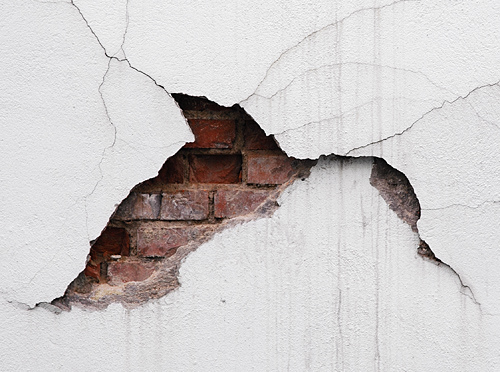“I’m a bad writer.”
Don’t panic. I’m not revealing a deeply-imbedded internal struggle.
However, I do hear variations of this statement on a regular basis. Writers often come in and lament the essay, project, or final paper they’re working on. They tell me how they have never been a “good” writer. They tell me how sitting down to write a paper is equivalent to watching golf on TV. They tell me that they don’t understand why their professor assigned this eight page paper – after all, they’re not an English major!
Sentiments like these always pull at my writing-enthusiast heartstrings. I LOVE writing and want all of the writers I work with to love it too! When I do hear these statements, however, I don’t brush them aside. I tell writers that writing is hard — it’s not always the most entertaining activity, and it can sometimes seem irrelevant to their academic, professional, and personal goals. I even admit that I have trouble brainstorming topics, and I can think of nothing more intimidating than writing an introductory paragraph. I tell them that I’m a WRD major and writing presents me with new challenges each time I embark on a new written venture.
No, I don’t use this approach to confirm writers’ lack of confidence or to position myself as a fellow writing-hater. Instead, I use this strategy to encourage students to acknowledge what makes them fear the writing process and take those fears down head-on. Sometimes, writers need to hear, “Yeah, this assignment is really tough. I totally understand why you’re having a hard time thinking of an argument.” It’s amazing how surprised some writers are when I confirm their feelings of apprehension. So often, they think they’re the only ones having trouble putting pen to their thoughts.
So what’s the point in saying all this? Should we just use our fears, apprehensions and qualms with our writing obligations to excuse us from engaging in it? I think we know my answer to that one…
Being aware of our writing fears forces us to delve more deeply into why we have them. This understanding ultimately allows us to take them down more effectively. For example, when writers tell me, “I’m just not a good writer,” I ask them, “What makes you say that?” They often give me answers like, “I can never think of a good way to begin a paper,” or “I always forget where commas are supposed to go.” I love hearing answers like these because it allows me to give these writers some amazing news: “You’re not a bad writer, you’re a normal writer.”
All writers, from published authors to freshmen English students, have areas of writing with which they struggle. If someone tells you, “I’ve got this writing thing down,” they’re lying to you. Writing is an ongoing learning process that no one can perfect. Yes, we can create and hone strategies which work effectively for our own writing process; however, we’ll never reach written perfection. But doesn’t that just make writing more fun?
So, no, I don’t think I’m a bad writer. But no one should. Yes, some struggle with more areas of writing than others. And yes, writing comes more naturally to some than others. However, if we acknowledge our writing fears and realize that everyone has them, I think we’re on the right track to tackling them. Now let’s get writing, my fellow writers!
Discover more from UCWbLing
Subscribe to get the latest posts sent to your email.

